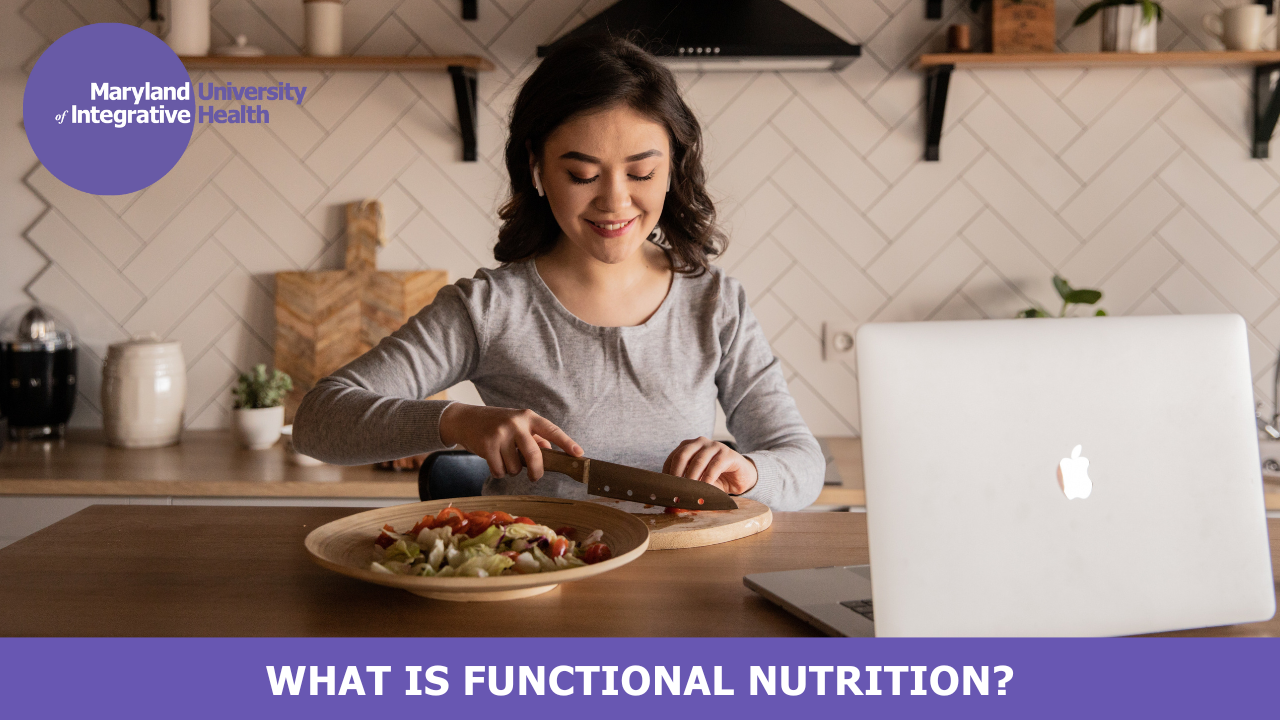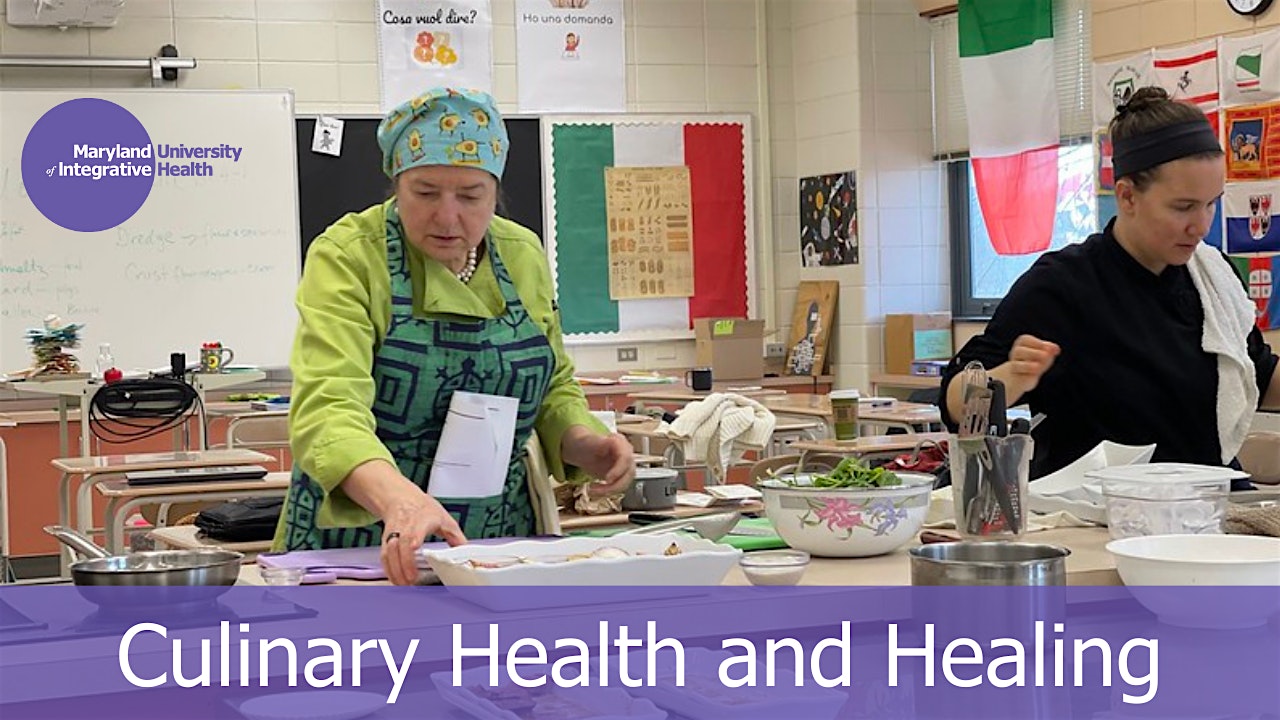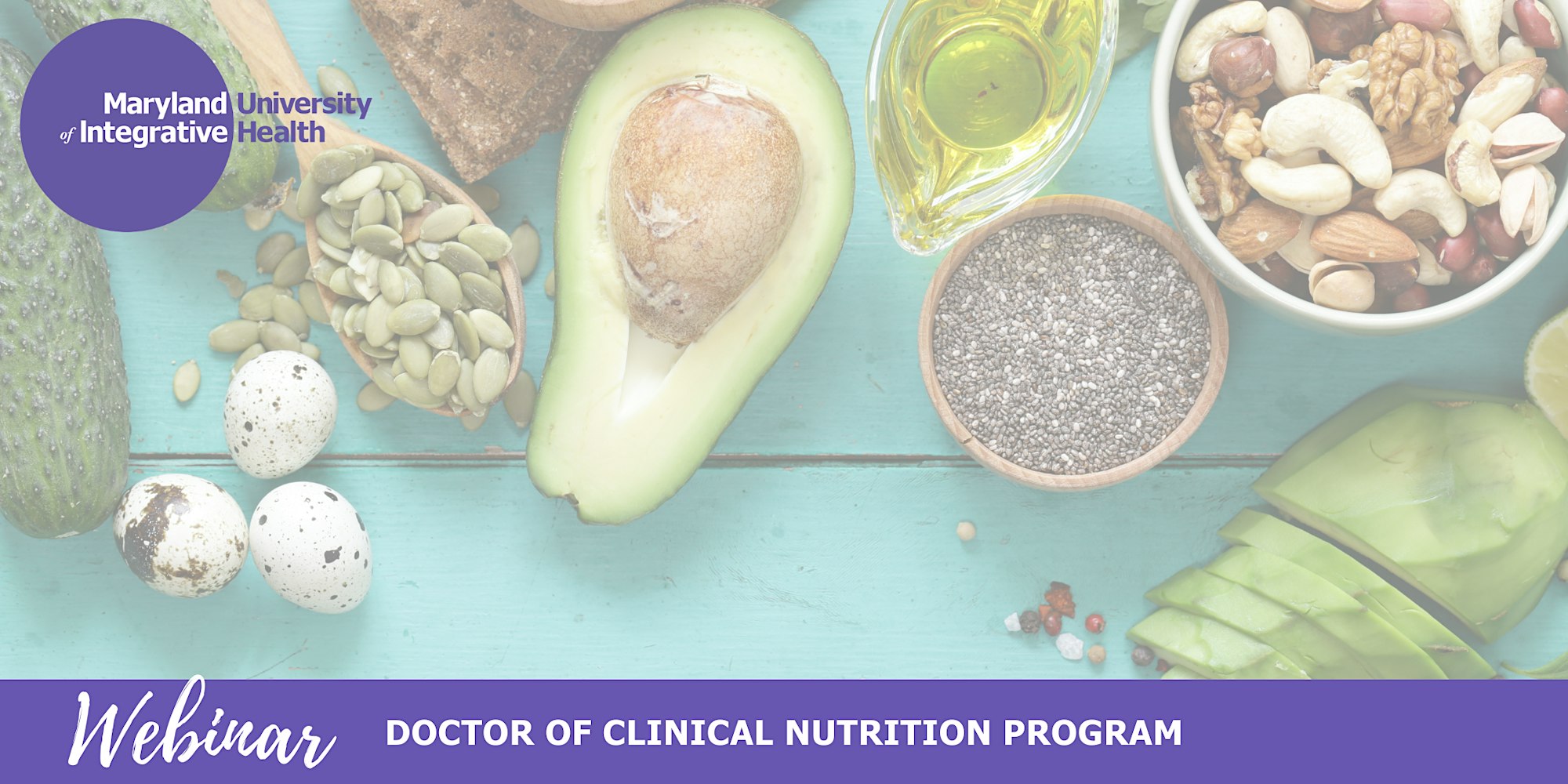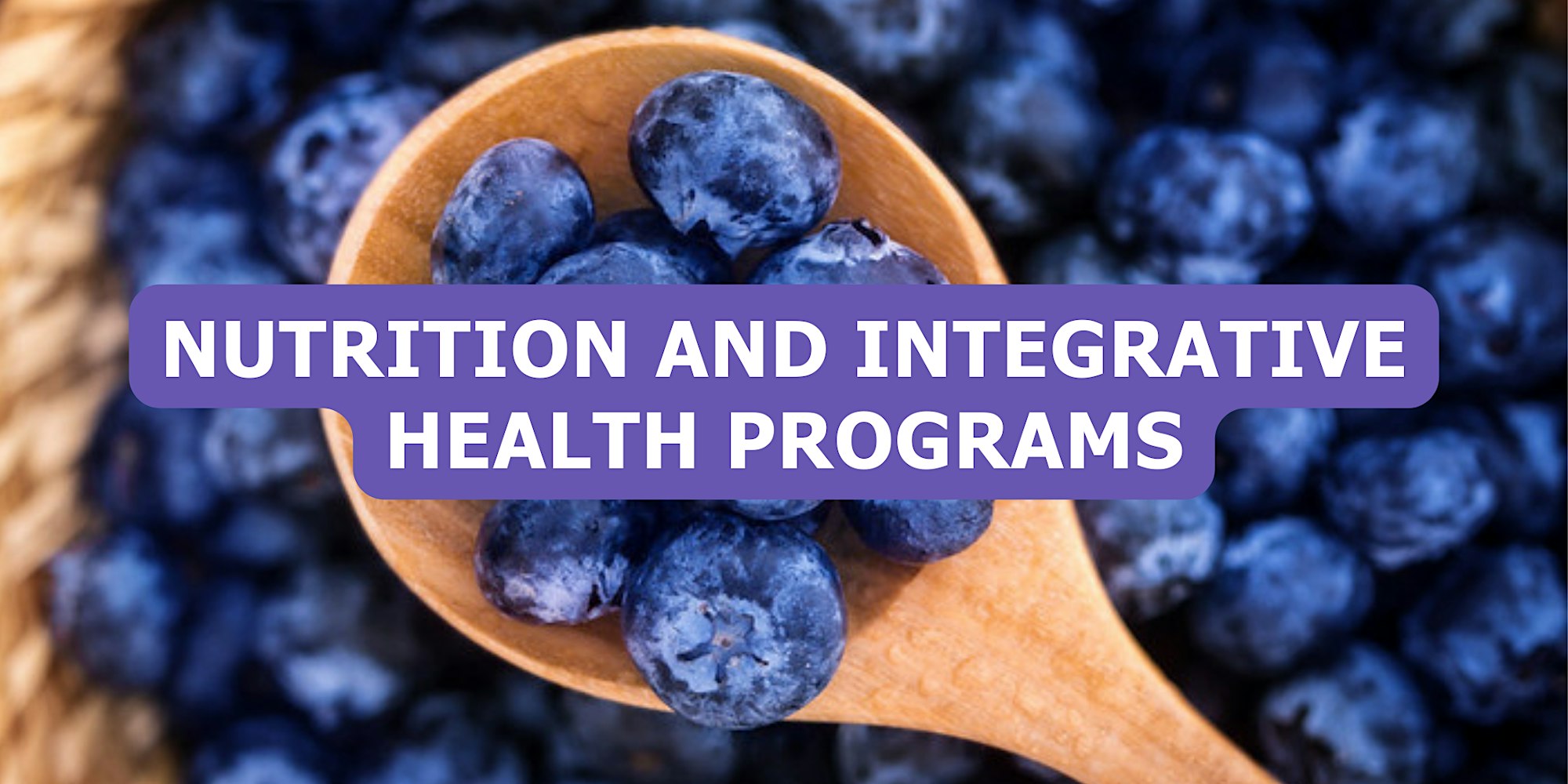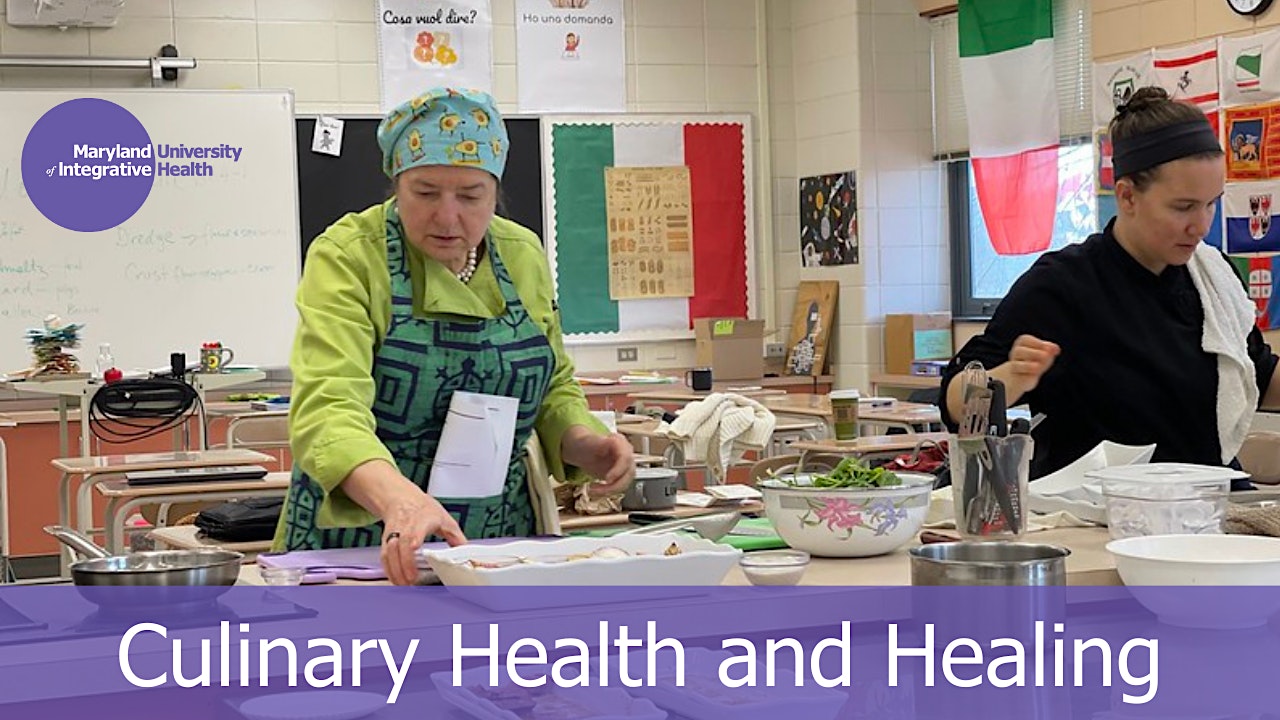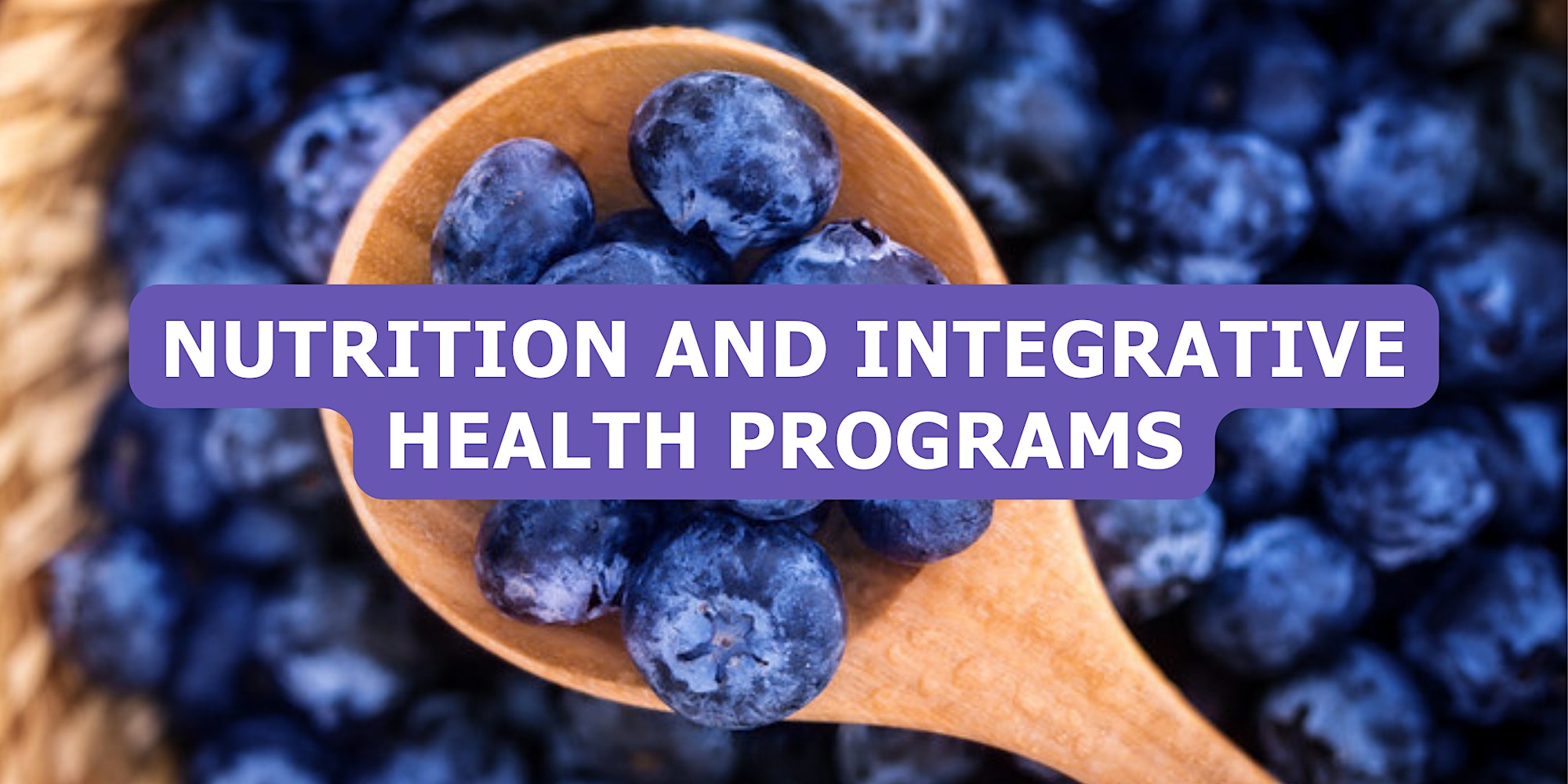By Amy Riolo
The ancient Greek philosopher Epicurus was known for saying “We should look for someone to eat or drink with before looking for something to eat or drink.” Each October, National Eat Better, Eat Together Month promotes the health, social, and communal benefits of eating with others. Since enjoying food with others is key to my culinary philosophy, I have chosen this symbolic month to encourage others to enjoy the pleasurable and beneficial ritual of communal dining.
The world has a long history of giving importance to eating together. Everything from biblical verses to Ancient Egyptian texts and the Renaissance into modern times underlined this important tradition. Many modern health and wellness research confirms the importance of Epicurus’ quote as well. In modern times, however, when our economies became more industrial and less based on agriculture, communal eating no longer coincided with urban workdays, and the trend fell out of fashion.
Nowadays, many American families enjoy the luxury of eating in large groups only on major holidays. Incidentally, according to MDLinx, a news service for physicians, “The newest epidemic in America (loneliness) now affects up to 47% of adults – double the number affected a few decades ago.” Eating together doesn’t mean that you need to change your social status, move, or go on a date. It does, however, involve getting creative, especially if you live alone or have work schedules that vary greatly from the people you live with. In many modern nutrition debates, we discuss only what we are eating, not who we are eating with, in stark contrast to Epicurus’ advice.
When I wrote my 10th book, Mediterranean Lifestyle for Dummies, I had the opportunity to research the health benefits of communal eating. Here’s what I learned and included in the book:
- According to a study that appeared in the Journal of Adolescent Health which was based on more than 18,000 adolescents, even teenagers who eat regularly with their parents developed much better nutritional habits.
- Cornell University research revealed that even coworkers of diverse backgrounds who ate together performed better at work. They found that “companies that invest in an inviting dining room or cafeteria or shared meal space may be getting a particularly good return on their investment.”
- Research by Brain Health shows that communal eating not only activates beneficial neurochemicals, but also improves digestion. When you bond with others and experience a sense of connection, endogenous opioids and oxytocin (pain and stress-relieving hormones) are released.
There are many other psychological and physical rewards that eating communally fosters as well. For example, residents in Sardinia are ten times more likely to live past 100 than people in the United States. Researchers attribute this to daily communal eating and the psychological security of being surrounded by loved ones. But every country and culture in the Mediterranean region has its own way of encouraging people to plan meals and eat together, and this tradition also has been linked to improved digestion and eating less overall.
Faced with overbooked schedules and increasing demands, most of us treat mealtimes as an afterthought. For many people, it’s a challenge just to make sure that they eat, and perhaps that their food is nutritious. With just a little extra effort in the beginning, however, your overall wellness will improve. Luckily, starting your own tradition of eating with friends and family is easy to do.
Here are ten simple ideas to help you enjoy more meals with others:
- Schedule meals with others into your weekly planning.
Just as we plan going to the movies, working out, carpooling, the theater, or spectator sports with one another, we should also plan our meal times and physical activity. Even if you start with just one meal a week, it is worth it to pencil it into your schedule so you can plan accordingly.
- Remember, communal meals don’t have to mean dinner.
Some people work really long days or have schedules which don’t permit them to get out for dinner. If that’s the case, plan other meals when you do have time with friends, family, co-workers or neighbors, even if it needs to be virtual. A lot of people I know enjoy meeting for breakfast or lunch, and then, of course, there’s always the days off which can be more flexible.
- Make breakfast the new dinner.
You can bond just as easily over breakfast as you can over dinner. Busy couples and families are taking advantage of a communal breakfast to enjoy a bit of time together before their hectic days begin.
- Allow cooking to be part of the communal eating experience.
Some people refrain from entertaining because they believe that they have to have everything “ready” for whomever they’re eating with, and busy schedules don’t allow for prep work. If you can relate, keep in mind that it can be fun and efficient to work as a team. Assign one person the responsibility to pick up the groceries—or order them online—and cook together. It allows for more communal time in the kitchen.
- Brunch is Better
Brunch is an easy meal to fit into weekends, and it involves less rigid “dining rules” than other eating times. Try planning a group brunch for you and your friends, invite the whole family to your place for dinner and a movie, or help your kids plan a fun and healthy food-themed party. You’ll be starting your own tradition and gaining a lifetime of health and happiness.
Be sure to check out our recipe section from our Nutrition students here at MUIH or my blog for more inspiration.
- Enjoy Lunch with colleagues
Many people have the most interaction with others during their work day—so lunchtime is a great time to eat together. Ask your coworkers or fellow students to join you for your midday meal or invite a friend to lunch.
- Make technology work for you
One of the positive things that came out of the recent lockdown was our ability to use technology to help us feel connected to loved ones. Since some of my work (the writing portion) was always done at home even prior to 2019, I became accustomed to “eating” with others over the phone or internet. If I know I am going to be alone writing or testing recipes, for example, I’ll set up a phone call with a friend or family member during lunch or dinner. Even though they are not in person with me, we still enjoy each other’s’ camaraderie while eating, and therefore, many of the same psychological benefits that dining together offers, without ever leaving our homes or places of work.
- The heart seeks a friend
There is a Turkish proverb that says “The heart seeks neither the coffee nor the coffee house, the heart seeks a friend, coffee is just an excuse.” It’s a beautiful reminder of how important company can be. Even if regular meals are impossible, be sure to schedule in some regular coffee or tea times with a loved one.
- Make like-minded acquaintances
We all go through transitions in life. Maybe you just moved or are experiencing a breakup, or have welcomed a new member in the family which makes socializing more challenging. Nowadays, there are many virtual and in person meet-ups for like-minded people who enjoy various themes such as wine, gardening, books, sports, languages, music, art, etc. Try joining one that appeals to you. You could, at a bare minimum, meet friendly people who would also enjoy dining together.
- Change the rules
Our society has a social stigma around dining. Asking someone who isn’t a romantic partner, close friend, or family member to dinner is synonymous with asking someone on a date. But it doesn’t need to be that way. 50 years ago carpooling wasn’t a thing either, and the idea of signing up online for a tennis partner would have seemed outlandish. Nowadays, however, we sign up for carpools with people and play sports with others who we may not know very well and definitely don’t have romantic feelings for. Eating should be viewed the same way. If friends and family are not available, we should be able to comfortably mention to acquaintances that we value the health benefits of communal eating and would like to start a breakfast, lunch, or dinner club with them. Many of my friends have done this, and the tradition has become of one of the most anticipated events on their social calendar.
Recognizing the benefits of eating together reminds us that the field of nutrition is more than counting calories and studying vitamins. MUIH’s programs approach nutrition from an integrative, whole-person perspective to understand the multifaceted role of food in our lives. Even though it can be difficult to arrange more shared meals, it’s totally worth it when you think about all you will gain. For delicious, nutritious, and fun recipes to share, check out our MUIH recipe resources as well as those on my personal blog.
